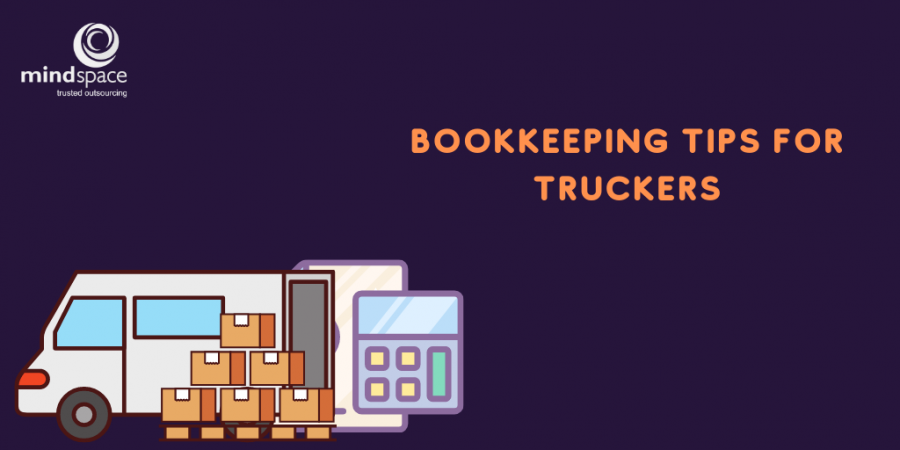Bookkeeping Tips for Truckers
Every trucking business owner/operator needs to understand bookkeeping. Luckily, you don’t need an accounting degree to handle this aspect of the business, for this we are.
Some tips for handling books correctly:
Go Digital:
Because paperwork takes up too much space and your day-to-day workload can be cumbersome rather than organized. Hence financial documents should be kept digital. You keep all invoices and bank statements on the cloud where you can easily and quickly access them anytime from a computer, tablet or smartphones.
Choose the Right Accounting System:
Most businesses use either a cash-based system or an accrual-based system. Under a cash-based system, when you receive money and expenses, you calculate income when you pay them. This is usually the best bookkeeping for truck drivers system. Therefore, it is very important to choose the right trucking bookkeeping software.
The accounting software of trucking businesses makes it easy to manage load, expense and receivables. Equally important, the software provides the ability for billing customers to run detailed reports, pay drivers, and file International Fuel Tax Agreement (IFTA) reports.
There is some trucking software which is very popular these days like Xero, QB Online, Freshbooks, ProTransport, RigBooks, TruckBytes, Axon, Q7, Trucking Office etc.
Daily Maintenance:
An accurate financial picture is necessary for any business, it is important to keep in mind that your business is being called money. Once the company books are properly set up, it becomes easy to maintain financial books/records.
Handle checks with care:
It is true that a business check is almost as easy to use as cash but it sometimes invites fraud or misuse. Make sure that you sign the check-in a clear, legible manner that discourages forgery. And, when you review cancelled checks from your bank, make sure they are for authorized expenses. However, employees and business partners are all completely trusted by you.
Keep your books audit-proof
This applies to both IRS and state fuel tax matters. You create separate checking accounts for your personal and business expenses. Save receipts for business-related purchases. Also, you can scan and keep digital copies of each receipt in your computer.
Keep a notebook in your trucks:
Every trucking business owner must use a notebook in their truck to record any expenses. Where you cannot get the receipt, you can note those expenses in the notebook. You enter kilometre and mileage for commercial use of your vehicle.
Outsourced bookkeeping services can help in reporting your income, expenses, profit and loss and reporting taxes. But if you are one of those owner-operators who want to manage the business on their own, a certain system is needed to keep recordkeeping as simple as possible.
For more information call today: US: +1 786 871 2066 | India: +91 141 402 3431 | UK: +44 20 7096 0555 and you can also write us on: [email protected]


